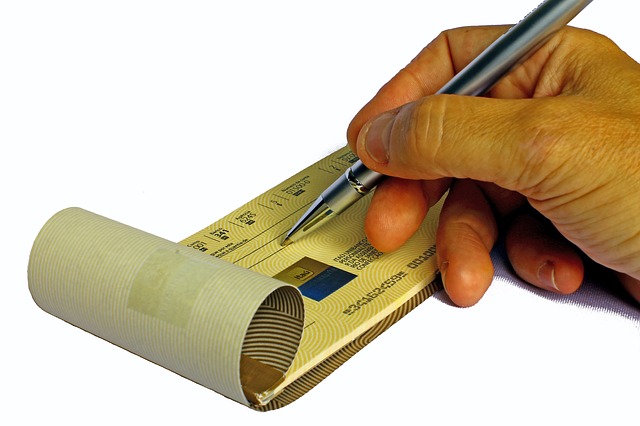
Personal checks are used far less often these days, but businesses and companies still use them regularly.
Welcome back and thanks for joining us here at The Kronzek Firm, as we break down the subject of fraud crimes in Michigan, and take a look at what each type of criminal activity involves. So far in this series we’ve discussed everything from credit card fraud and embezzlement to organized retail crime and insurance fraud. Moving on, we’re going to be taking a look at another common one here in Michigan – check fraud.
What is check fraud?
Check fraud refers to crimes involving fake, forged or deceptive checks. These falsified checks are often used by people trying to make purchases, obtain money from bank accounts, or finance transactions. However, it’s not just individuals who can be charged with check fraud. Businesses and organizations can also be found liable for check fraud.
Check fraud can include any of the following types of fraudulent activity:
- Forging checks
- Counterfeiting checks
- Altering existing checks
- Paper hanging
- Check kiting
How has technology changed check fraud?
One of the most obvious ways that modern technology has changed check fraud is simply this – by making it less common. Checks are not used as often as they once were. Most people now use cash or credit/debit cards. Lots of us pay bills online and seldom write checks. Checks are issued more often by companies and organizations in Michigan than they are by individuals, so check fraud is now somewhat less common.
However, there are other ways that check fraud has become more difficult to accomplish due to technological advances. For example, it is now much harder for someone to deposit a blank paper inside an envelope into an ATM and then withdraw money against the amount of that “check” before the bank catches up with it. Many ATMs now have the ability to scan individual checks as they are deposited, and reject those that do not meet preprogrammed bank specifications.
What is the penalty for check fraud in Michigan?
If a person is found liable in a civil action, they must pay:
- The full amount of the check, draft, or order;
- Civil damages of twice the amount of the check, or $100.00, whichever is greater;
- Court costs of $250.00.
However, writing a no-account check, which means writing a check out of an account that the person no longer has, is a felony. The penalty for a no-account check is up to 2 years in prison, or a fine up to $500.00, or both. Anyone guilty of writing 3 or more ‘nonsufficient funds’ checks in a 10 day period will be subject to the same penalty.
Under Michigan law, anyone found guilty of writing an insufficient funds check with the intent to defraud, is facing the following penalties:
- If the check amount is less than $100.00 and it’s a first offense, then this is a misdemeanor with a penalty up to 93 days in jail, a fine up to $500.00, or both.
- If the check amount is less than $100.00 but the person has 1 or more prior convictions, then this is misdemeanor with a penalty up to a year imprisonment, a fine up to $1,000.00, or both.
Prosecutors also have the option to charge a bad check writer with Uttering and Publishing (What is Uttering and Publishing?). That carries a maximum penalty of up to 14 years in prison.
What do I do if I’m accused of check fraud?
If you or a loved one have been accused of check fraud, or any other type of fraudulent activity in Michigan, you are going to need the help of a highly skilled financial crimes defense attorney! The experienced trial lawyers at The Kronzek Firm have a long-standing record of successfully defending clients against various financial crimes, including forgery.
With approximately 100 years of combined courtroom experience, our team provides the type of advocacy that can make a serious difference in the outcome of your case. We can help you but not until you reach out to us. Call 24/7 at 1 866-766-5245 (1 866- 7NoJail)